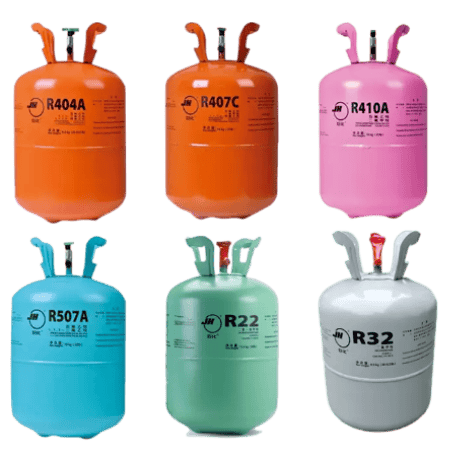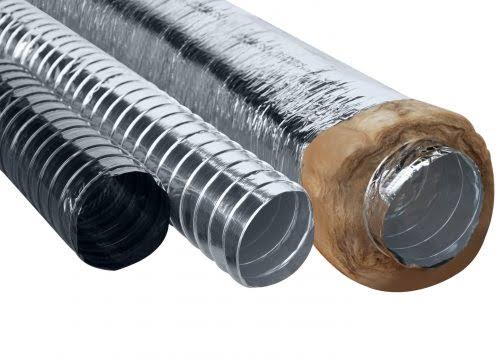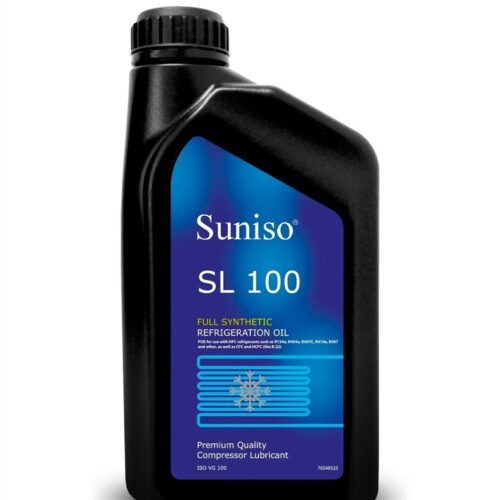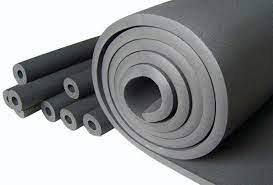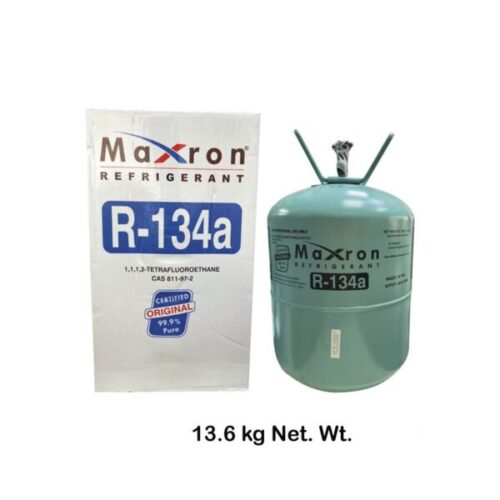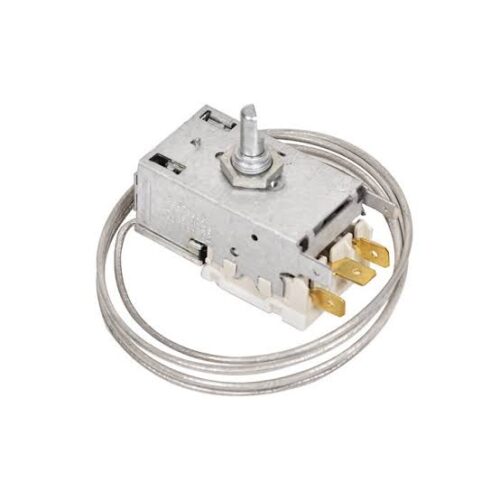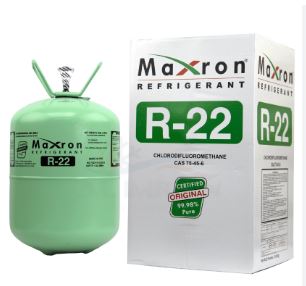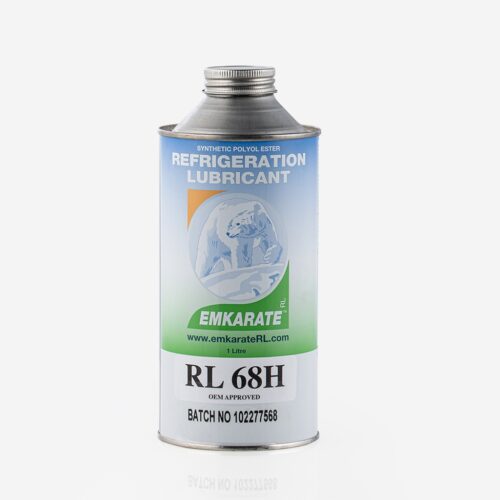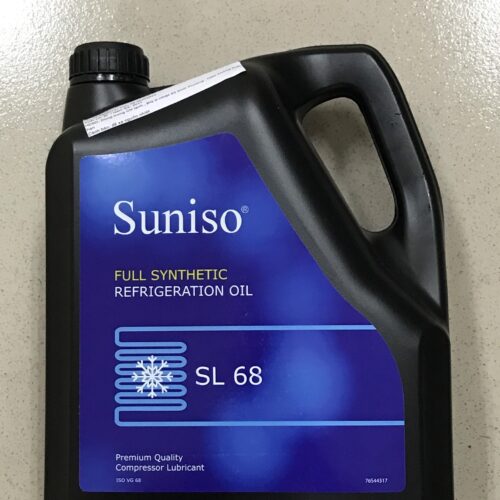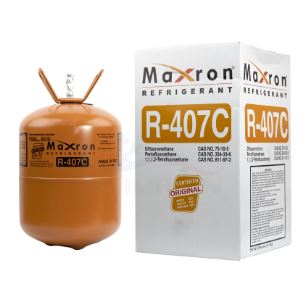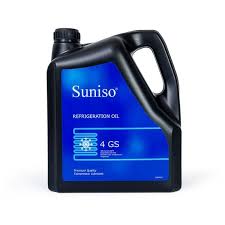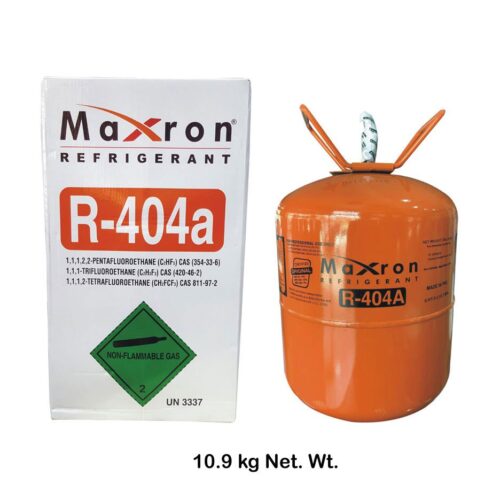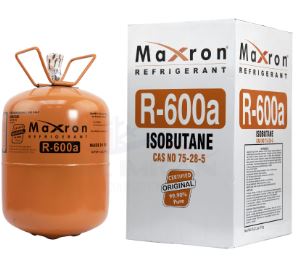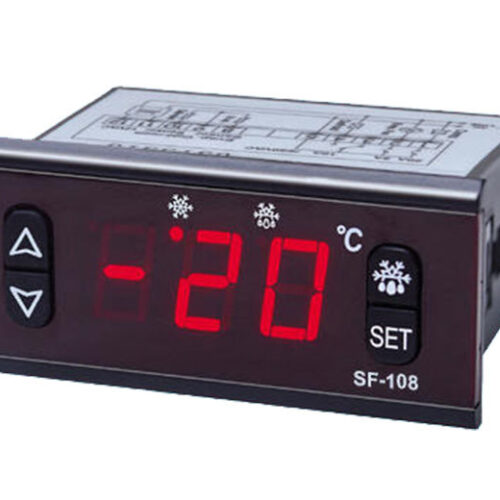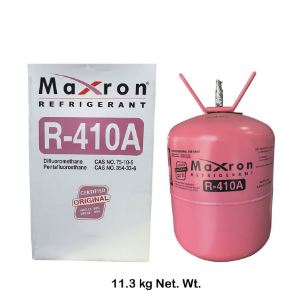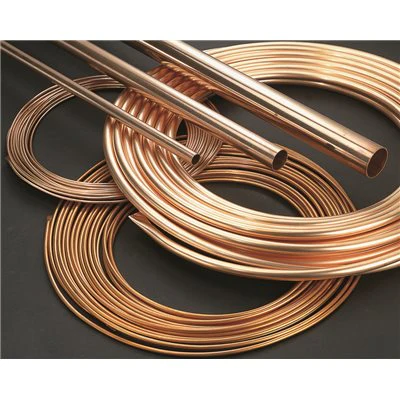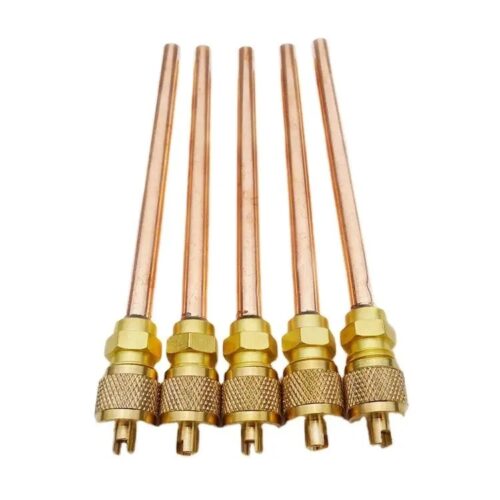Description
Finstar Industrial Systems offers high-quality Refrigerant gases which are chemical compounds used in refrigeration systems and air conditioners to transfer heat from one area to another. They undergo a continuous cycle of compression and expansion, changing between liquid and gas phases to absorb and release heat.
Refrigerant gases are primarily used in various cooling systems, including:
- Refrigerators and Freezers: Domestic refrigerators and freezers use refrigerant gases to maintain low temperatures inside the compartments, preserving food and other perishable items.
- Air Conditioners: Both residential and commercial air conditioning systems rely on refrigerant gases to cool indoor air by transferring heat from inside to outside.
- Heat Pumps: Heat pumps are used for heating and cooling applications. They transfer heat between indoor and outdoor environments using refrigerant gases.
- Commercial Refrigeration Systems: Are utilized in various commercial refrigeration applications, such as walk-in coolers, display cases, and cold storage facilities in supermarkets, restaurants, and warehouses.
- Automotive Air Conditioning: Automotive air conditioning systems in cars, trucks, and other vehicles use refrigerant gases to cool the interior cabin.
- Industrial Processes: Are also employed in various industrial processes, such as food processing, chemical manufacturing, and pharmaceutical production, where temperature control is critical.
Common Refrigerant Gases:
- R-410A:
- Usage: Commonly used in modern air conditioners.
- Properties: Hydrofluorocarbon (HFC) with no ozone depletion potential (ODP) but high global warming potential (GWP).
- Benefits: More efficient and environmentally friendly compared to older refrigerants like R-22.
- R-32:
- Usage: Increasingly used in newer air conditioning systems.
- Properties: HFC with lower GWP than R-410A.
- Benefits: Better energy efficiency and reduced environmental impact.
- R-134a:
- Usage: Commonly used in automotive air conditioning systems and some small home appliances.
- Properties: HFC with no ODP but a relatively high GWP.
- Benefits: Stable and efficient for specific applications.
- R-22 (Freon):
- Usage: Older systems, being phased out due to environmental regulations.
- Properties: Hydrochlorofluorocarbon (HCFC) with ODP and high GWP.
- Drawbacks: Harmful to the ozone layer and less efficient than newer refrigerants.

